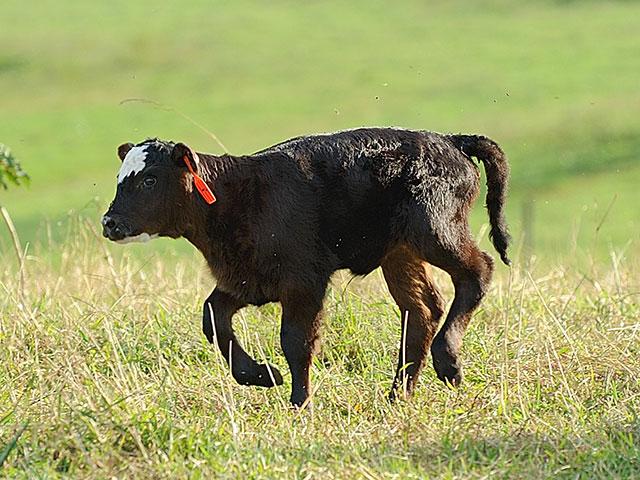Ask the Vet
Swollen Joints in Calves
READER QUESTION:
We have two farms in adjoining counties. For the last few years on one of the farms, we have had a few calves become lame. On some, the joints seemed swollen, and several died. The only difference we can see is location. The cattle are all treated the same. What do you think is going on?
DR. MCMILLAN'S ANSWER:
This sounds like a condition commonly called "navel ill" or "joint ill." It occurs when bacteria infect the navel before it dries after birth. In some cases, the infection only involves the navel. It may become hot, swollen and painful. It may fill with pus, and the calf may run a high fever and become very depressed.
P[L1] D[0x0] M[300x250] OOP[F] ADUNIT[] T[]
If the infection spreads, it can involve the eyes, heart or brain. Most commonly, though, it involves the joints.
Aggressive and early antibiotic treatment, which in valuable calves may include surgical flushing of the affected joints, may be helpful. In many cases, though, permanent lameness and death may occur.
Prevention is better than treatment. Critically evaluate calving areas on both farms, looking for any differences, but with an eye toward sanitation issues. If the calving area is low, wet, muddy or has areas where manure accumulates, this needs to be corrected. If you can't fix it, move your calving area. Anytime we see common calving areas, we tend to have more of these problems.
I believe cattle should be rotated onto different pastures during calving season, with cross fencing and pasture rotation being two of the best practices available to improve forage quality, reduce erosion and decrease disease and intestinal parasite incidence.
Also look at your nutritional and preventive health care programs. Every operation should have a professionally customized vaccine and parasite control program. Cattle must have adequate energy, protein and minerals all year long and be in good body condition at calving. This helps ensure that cows produce the highest quality and quantity of colostrum, which is essential in the prevention of calf diseases.
**
Write Dr. Ken McMillan at Ask the Vet, 2204 Lakeshore Dr., Suite 415, Birmingham, AL 35209, or email vet@progressivefarmer.com.
(c) Copyright 2023 DTN, LLC. All rights reserved.






